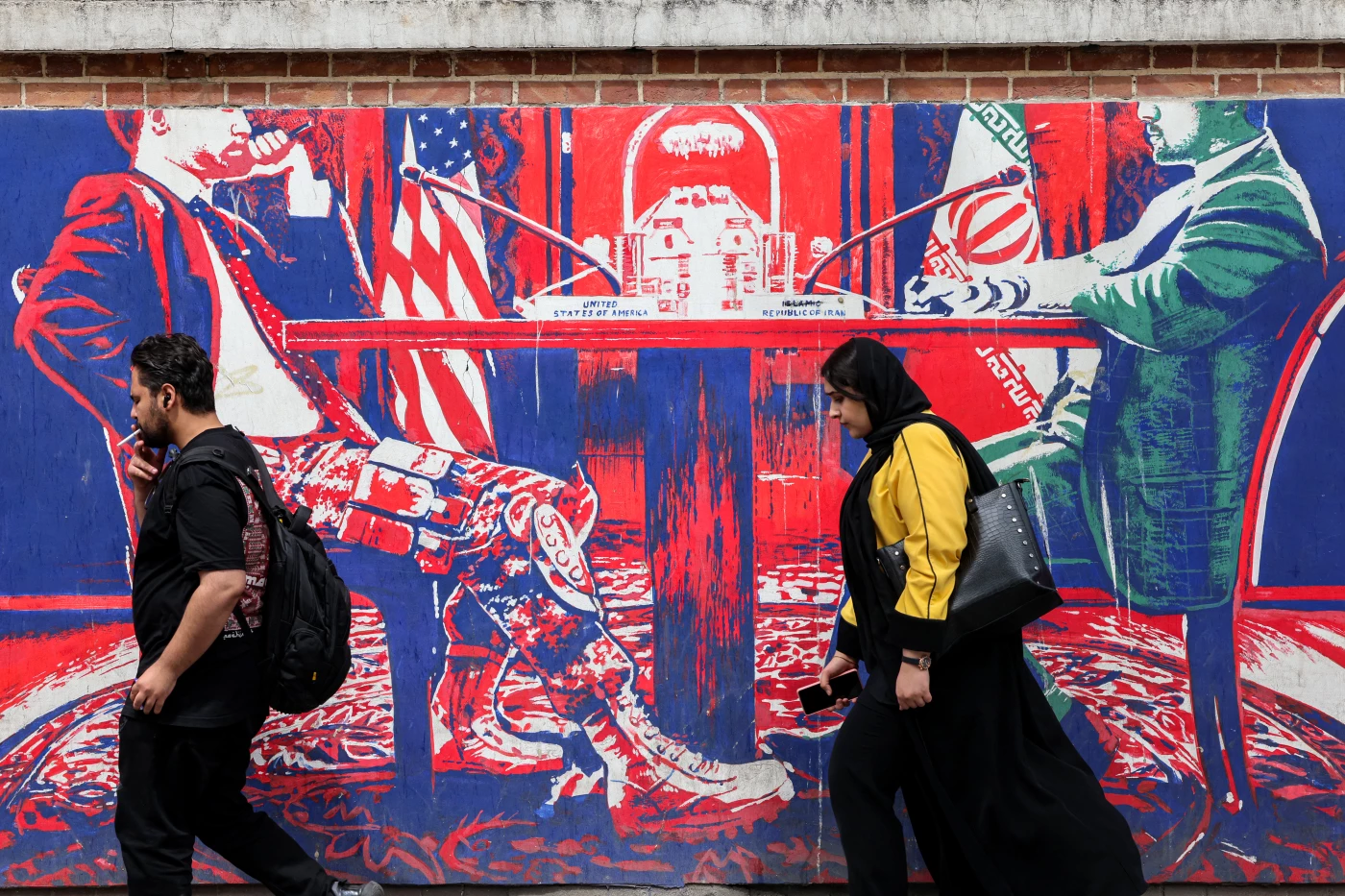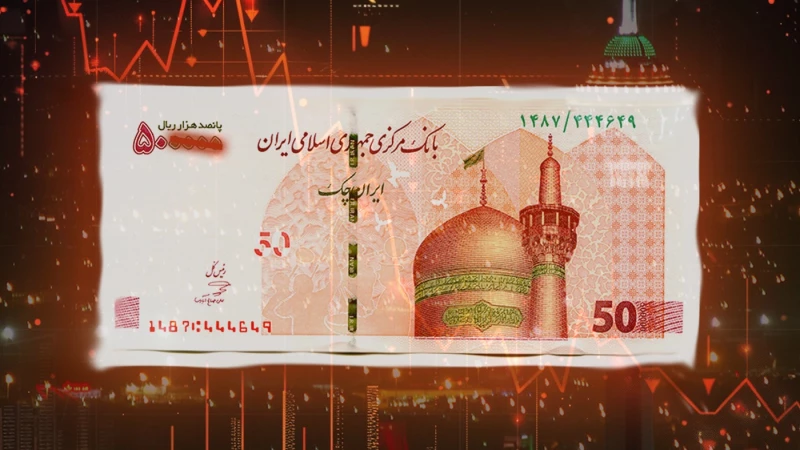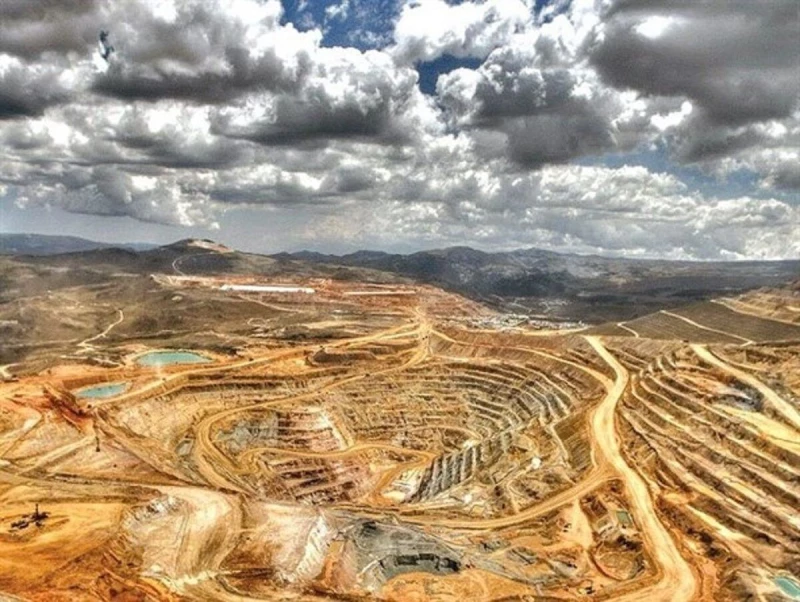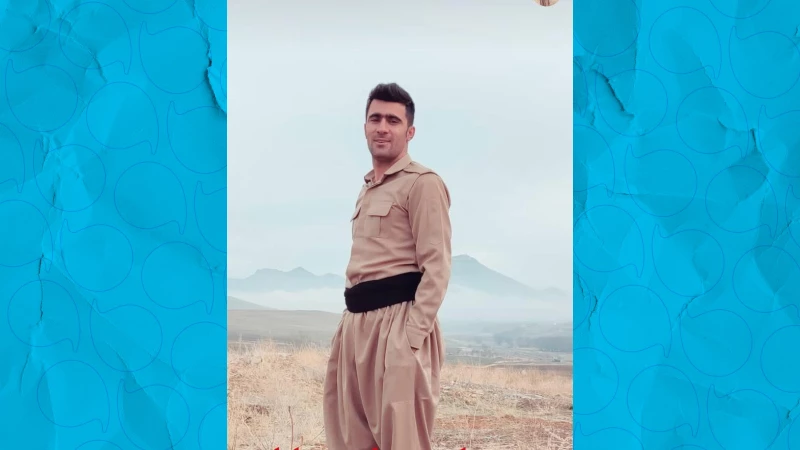LONDON, United Kingdom - Iran and the United States are gearing up for their much-anticipated negotiations over Tehran's nuclear program, per an announcement by President Donald Trump and confirmation from the Iranian authorities.
Trump made the statement from the Oval Office on Monday when seated next to Israeli Prime Minister Benjamin Netanyahu—America's top Middle East ally and Iran's sworn enemy.
Trump said the talks were set to be held at a high diplomatic level on Saturday, and they will be "direct."
The Iranian media were still scrambling to absorb the shock. But Trump seemed to have already spilled the beans, apparently forcing Foreign Minister Abbas Araghchi to take to X shortly afterward for confirmation, though he asserted firmly that the talks are to be "indirect," contradicting Trump's statement.
"Iran and the United States will meet in Oman on Saturday for indirect high-level talks. It is as much an opportunity as it is a test. The ball is in America's court," he declared.
It was on the very same day when Araghchi noted that Iran had not yet received a reply from the US on its proposal and that Tehran was "in no rush" to receive one.
The contradictory messaging stirred backlash. Among the varying reactions below his post, frustration and fury abounded, with many arguing that the diplomat had been seeking to keep the Iranian public in the dark about a meeting that had already been agreed upon, and Tehran had hoped to secretly proceed with up until Trump's announcement.
Nevertheless, after weeks of back-and-forth, escalating rhetoric, the two sides appear to be finding common ground to engage in diplomacy—perhaps a solution to keep the sword of Damocles away from Iran: after all, the US had sent to an Indian Ocean base its B2 bombers, capable of carrying the so-called "mother of all bombs" that could, at least on paper, destroy Iran's underground atomic facilities.
Direct or indirect, a semantic play?
On Tuesday, Araghchi confirmed to Iran's hardline Tasnim news agency that he would lead Iran's negotiating team in Oman, with Trump's Special Envoy to the Middle East, Steve Witkoff, representing the US side.
As in his post on X, Araghchi reiterated Iran's firm stance that the talks would be held only indirectly, a position that sharply contrasts with Trump's claim to the contrary.
That insistence by Iran has been relentlessly reflected in a chain of speeches by Supreme Leader Ayatollah Ali Khamenei, who holds the final word in the country's key foreign policy matter. The US is not "trustworthy," given its past record of breaking promises, he has been arguing.
Yet despite the public discourse, Khamenei's shift is unmistakable. In 2019, he rejected Trump's overtures conveyed by then-Japanese Prime Minister Shinzo Abe, saying Trump does not even deserve a reply.
Before Trump's open threats to bomb Iran, Khamenei still framed any negotiations with the US as "unwise and dishonorable." In more recent speeches, he has signaled a reluctant openness to indirect dialogue—likely an effort to placate hardliners while quietly pursuing negotiations.
His emphasis on indirect talks has widely been viewed as a public relations strategy to save face among his conservative support base, which has been adamant in rejecting politically toxic talks with a Trump, who ordered in 2020 the killing of the "national hero" and most revered general, Qasem Soleimani.
Araghchi and Witkoff will be meeting in Muscat, but what would be the fashion of "indirect" talks if already under the same roof? Will they sit in different rooms or only separate chairs in unconventional and seemingly awkward arrangements, where they will exchange messages via the Omani foreign minister?
Being only a formality, the term "indirect" is also reminiscent of the same rhetoric and setup of the secret US-Iran Muscat talks in 2013 that laid the groundwork for the Iran nuclear deal of 2015 (JCPOA)—a process Tehran was initially eager to keep under wraps.
But with Trump's unpredictable communication style, secrecy may prove futile. The latest example? His very announcement of the upcoming Oman meeting.
Iran has said the talks could later become direct if "trust" is built. That may happen sooner than expected, perhaps even mid-session, so that Iranian officials can later retroactively call it "direct."
Substance matters more than symbolism
However, beyond the tug of war over whether the talks are to be held directly or indirectly lies the more serious issue of what is at stake. Indeed, the form matters less than the substance, with the key question being whether the two sides will bridge the deep divides.
Both Araghchi and Witkoff are known moderates, but they will have to represent leaders with sharply opposing views: Trump, who scrapped the JCPOA in 2018 to dismantle Barack Obama's legacy, and Khamenei, who remains deeply skeptical of US intentions.
Trump is now seeking a rapid deal to claim credit for resolving the nuclear impasse. Leaked details from his letter to Tehran reportedly include sweeping demands and tough choices: full dismantling of Iran's nuclear program, limits on missile production, and a halt to support for regional proxies engaged in conflicts with Israel.
While the Witkoff-Araghchi meeting is expected to center upon the nuclear issue alone, Tehran has said its missile program remains non-negotiable and denies aiding proxy forces. However, it could be willing to provide guarantees of non-weaponization—possibly enough for Trump to declare a win—at least for the time being.
Iran's time-tested tactic: delay
In over more than two decades since the onset of the nuclear standoff with the West, if Iran has gained mastery in one thing, it is how to protract talks at moments of crises to buy time before finding some breathing room.
As frequently lamented by European diplomats, their Iranian counterparts are known for unique skills to drag out talks for the sake of talks.
During the Oval Office briefing to reporters, Netanyahu bluntly stated that Israel wants a "Libya-style" disarmament of Iran's nuclear infrastructure. Whether that's the Trump administration's objective remains unclear, but Iranian officials, including Araghchi, have flatly opposed the scenario.
"We believe in dialogue, but not humiliation. We won't negotiate at any price," President Masoud Pezeshkian also said on Monday.
Iran could be adhering to the old tactic, playing for time, hoping to lengthen talks until the end of Trump's term, but only if Trump and his team are not conscious enough to prevent that history from repeating itself.
"We're not going to be extorted the way the [Joe] Biden administration was," said Morgan Ortagus, Witkoff's deputy, in an interview with Al-Arabiya on Monday. "President Trump loves a deal—but it has to be one where we're not being played."
Iran's future could hinge largely upon the Oman talks and whether it is ready at all to offer the maximum concessions sought by Trump in exchange for his minimum incentives.
Otherwise, the two archfoes could perhaps find themselves slipping back into a cycle of yet more serious escalation—if not heading toward full-scale war.



 Facebook
Facebook
 LinkedIn
LinkedIn
 Telegram
Telegram
 X
X


